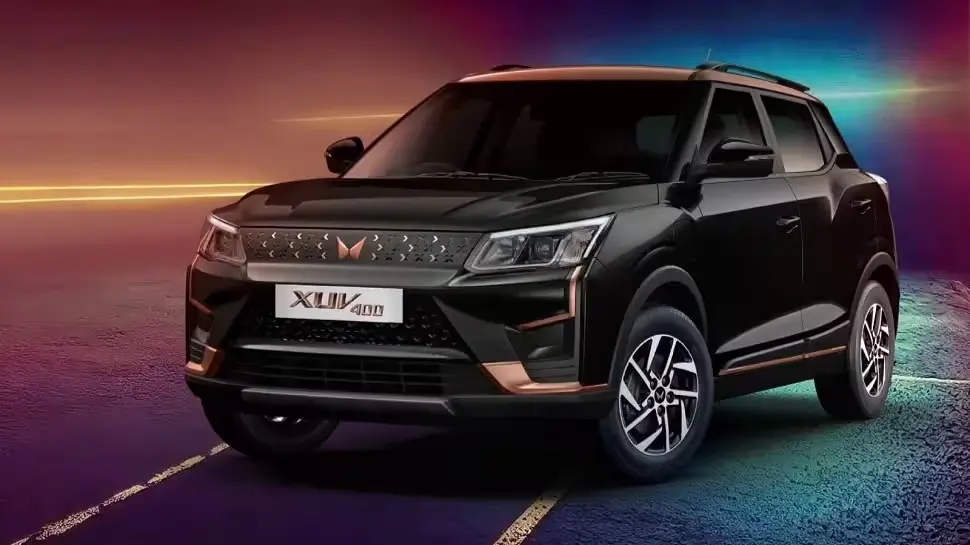
Electric vehicles are gaining momentum in India, with more models launching and sales rising yearly. A key question for many potential EV buyers is whether subsidies are available to install a home charger.
Having a residential charger makes owning an EV much more convenient, allowing you to charge your vehicle overnight easily.
This comprehensive guide looks at the current subsidies and incentives from the central government and various state governments for installing home EV chargers across India.
Overview of EV Home Chargers

Before diving into the subsidy details, let’s first provide a quick overview of home EV chargers:
- Level 1 – These basic chargers connect to a standard wall outlet and provide 2-3 kW of power. They typically charge an EV battery from 0-100% overnight.
- Level 2 – Domestic or public chargers offer faster 7-22 kW charging by using a 240V outlet like those for clothes dryers. They can charge a battery in 4-10 hours.
- Hardware – The charger unit can be wall-mounted or standalone. It has a cable to connect to the EV. Installation requires electrical work.
- Cost – The upfront cost for a home charger unit ranges from ₹25,000-₹60,000 before subsidies. Installation costs are additional.
Now, look at the government subsidies and incentives available for home EV chargers in India.
Central Government Subsidies
The central government under FAME-II currently offers subsidies on home EV charging through state nodal agencies:
- 50% subsidy – For Level 1 and Level 2 chargers up to ₹10,500 per charger
- Applicable everywhere – All states and UTs are covered
- For private EVs – Available for privately owned registered EVs
- Application process – Subsidy dispersed after installation through nodal agencies
So, in summary, the central government provides a subsidy that cuts the cost of a home charger unit by 50% up to ₹10,500.
This is applicable to pan-India for all privately owned EVs. You can contact your state nodal agency for details on applying.
State-wise Subsidies and Incentives

In addition to the central government subsidy, some progressive states offer additional incentives for installing EV home chargers:
Delhi
- 100% subsidy up to ₹6000 for Level 1 charger
Gujarat
- 100% subsidy up to ₹10,000 for Level 2 charger
Karnataka
- A fixed subsidy of ₹5000 for Level 2 charger
Kerala
- 25% subsidy up to ₹10,000 for Level 2 charger
Maharashtra
- 100% subsidy up to ₹5000 for Level 1 charger
Tamil Nadu
- 50% subsidy up to ₹10,000 based on the tariff plan
So depending on where you live, you may be eligible for a full 100% subsidy or additional incentive over and above the central government amount. Contact your local authorities to find out the latest subsidies in your state.
Read This: Is a Slow AC Charger Sufficient for Overnight Home Charging?
Applying for EV Home Charger subsidies
The general process for availing subsidies on a home EV charger is as follows:
- Buy charger – Purchase Level 1 or Level 2 charger from an approved vendor.
- Install charger – Have it installed at home by a certified electrician.
- Apply for subsidy – Submit documents to the nodal agency showing purchase and installation.
- Receive subsidy – The subsidy amount will be credited after verification.
Exact requirements may vary by state. Check with your state nodal agency website for the application process. Some states also have online portals for applying.
Other Incentives for Home EV Chargers

Some additional incentives provided in certain states/cities include:
- Lower electricity tariff – Special EV rates are offered during off-peak hours for charging.
- Property tax rebate – Percentage rebate on property tax for homes with EV chargers installed.
- Municipal approval – Streamlined process for obtaining municipal approval for charger installation.
- Charger maintenance – Free maintenance services for home chargers for a certain period.
Check for any policies related to the above in your local area to maximize savings as an EV owner.
Latest developments on home EV charging
Some other recent government and industry developments promote home EV charging:
- BEE standardization – The Bureau of Energy Efficiency has published charger standards to ensure safety and reliability.
- Time-of-day tariffs – States are introducing lower EV electricity rates at night to incentivize home charging.
- Smart chargers – Chargers with smart capabilities like tracking charging patterns and remote monitoring are emerging.
- Battery swapping – Some EV makers pilot battery swap stations for urban areas instead of home charging dependency.
So initiatives are underway to enable widespread and low-cost home charging for EV owners across India.
Tips for installing a home EV charger
Here are some tips for those looking to install a home EV charger:
- Evaluate your charging needs – Level 1 may suffice if you drive less than 80 km daily. Level 2 provides faster charging.
- Check electrical capacity – A qualified electrician should ensure sufficient electrical supply and wiring. Upgrades may be needed.
- Apply for subsidies beforehand – Submit required documents and secure approvals before installing.
- Hire a certified electrician – Only use a licensed, experienced electrician for installation.
- Obtain municipal approval – Check local rules on obtaining municipal corporation approval for charger installation.
- Assess location – Decide on the garage, carport, or outdoor mounting location considering the charging cable length.
- Understand usage policies – Check applicable electricity rates and housing society rules on charger usage.
By following these tips, you can ensure a smooth and cost-effective installation experience.
Frequently Asked Questions
Here are some common FAQs on home EV charger subsidies:
Are subsidies available for rented housing or apartments?
Typically, the subsidies are focused on privately owned homes and may not apply to rented houses or apartments. However, some states may provide community charging station subsidies for apartments/housing societies. Check with your nodal agency.
Do I need to buy EVs first before applying for a subsidy?
No, you can apply for and receive the charger subsidy first. But you must submit EV registration paperwork later to confirm the purchase of an eligible EV.
Can commercial establishments get subsidies for chargers?
The subsidies are currently targeted at private homeowners. Some states provide subsidies for public/commercial charging stations but at different amounts.
What charger specifications qualify for a subsidy?
Chargers must comply with the Bureau of Energy Efficiency specifications for electrical safety and performance. All leading brands of Level 1 and Level 2 chargers from approved vendors qualify.
Is there an income criterion to be eligible?
There are no specific income criteria for availing of home charger subsidies. It is available across income levels, subject to meeting program requirements.
Conclusion
The central and various state governments are promoting EV adoption through generous subsidies for installing home chargers worth up to ₹10,000 or more. We summarized the key subsidy programs and incentives available across different states.
Be sure to check for your location’s latest updates and application process. With the proper planning and electrical prep work, installing a subsidized home EV charger can be a smooth and rewarding experience that makes owning an EV truly convenient.







